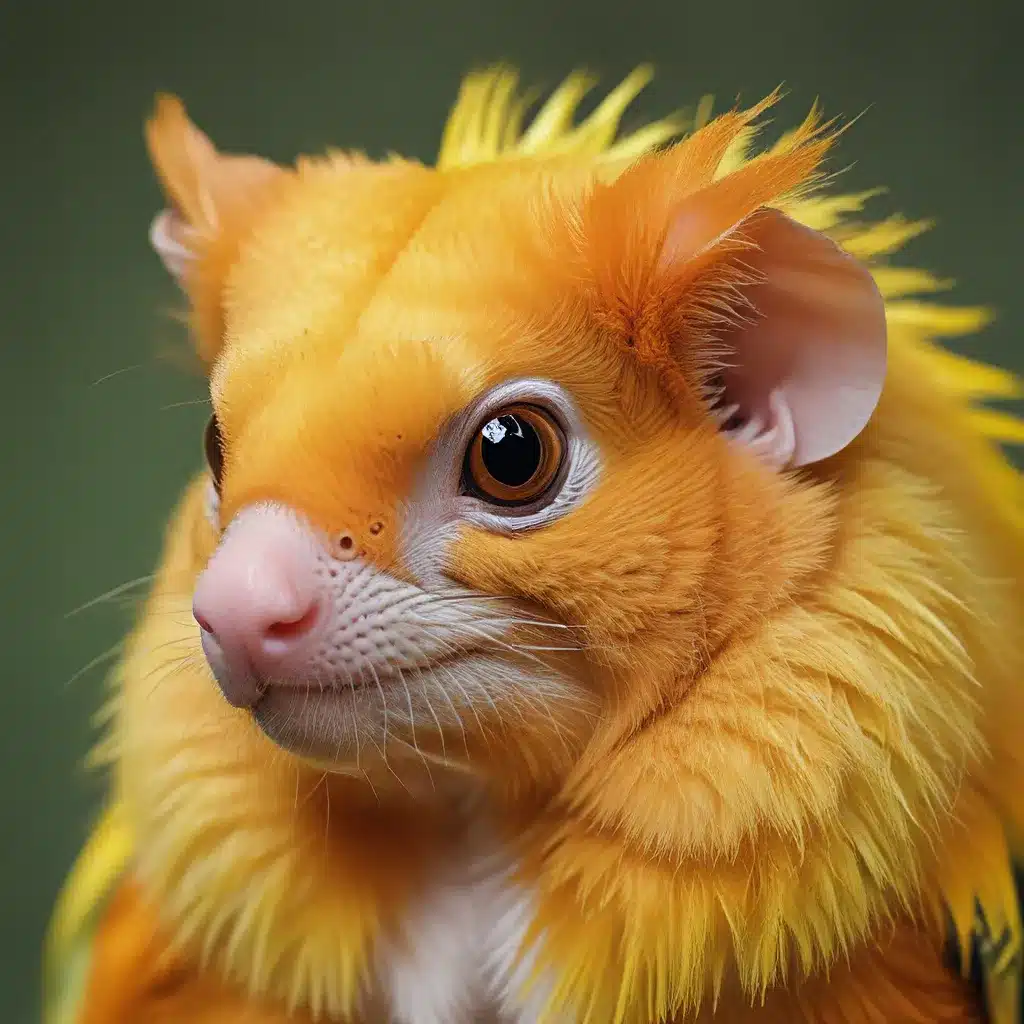
Ah, the thrill of owning an exotic pet – a slithering serpent, a scurrying sugar glider, or perhaps a majestic primate. As alluring as these captivating creatures may be, the legal complexities surrounding exotic pet ownership can be a real head-scratcher. Picture this: you’ve spent years cultivating your dream reptile collection, and then suddenly, your golden years take an unexpected turn. What happens to your beloved pets when you’re no longer around to care for them? This, my friends, is where estate planning and exotic pets collide in a web of legal considerations.
Demystifying the World of Exotic Pets
Let’s start by unpacking the basics. Exotic pets, by definition, are non-native animals that are not typically kept as household companions. These can range from the scaly and slithery, like snakes and lizards, to the furry and feisty, such as primates and big cats. In North Carolina, the North Carolina Wildlife Resources Commission (NCWRC) is the governing body responsible for regulating the ownership of these unconventional companions.
The NCWRC has identified certain exotic species as either restricted or outright prohibited within the state’s borders. This means that while you may be able to legally own a hedgehog or a sugar glider, your dreams of cuddling a cougar or a chimpanzee are, well, probably not going to happen. Specific permits and licenses may be required for certain species, so it’s crucial to do your homework and ensure you’re playing by the rules.
The Exotic Pet Owner’s Dilemma: Navigating the Legal Landscape
Now, let’s dive into the heart of the matter – what happens to your exotic pets when you’re no longer around to care for them? This is where the intricate web of estate planning comes into play. As an exotic pet owner, you have a unique set of considerations to keep in mind.
First and foremost, you need to have a clear understanding of the laws and regulations surrounding the transfer or ownership of your pets. Depending on the species, there may be restrictions on who can legally take possession of your animals. Imagine the heartbreak of your beloved snake or lizard being seized and relocated to a sanctuary because you failed to plan ahead.
Next, you’ll need to think about the specific care requirements of your exotic pets. These animals often have highly specialized dietary, habitat, and behavioral needs that can’t simply be met by your average pet-sitter or family member. Ensuring a smooth transition of care is crucial, both for the well-being of your pets and for the peace of mind of your loved ones.
Crafting a Comprehensive Estate Plan
To navigate this legal landscape with confidence, it’s crucial to work closely with estate planning professionals who have expertise in pet estate planning. These experts can guide you through the process of incorporating your exotic pets into your comprehensive estate plan.
One key step is to appoint a designated caretaker – someone who is not only willing but also capable of providing the specialized care your pets require. This individual should have a deep understanding of the animals’ needs and be willing to commit to their long-term well-being.
Another important consideration is ensuring the financial resources are in place to support your pets’ care in your absence. This could involve setting up a trust or making provisions in your will to cover the costs of food, housing, veterinary care, and any other necessary expenses.
But the planning doesn’t stop there. You’ll also need to think about the legal implications of transferring ownership or custody of your exotic pets. This may involve navigating complex regulations, obtaining the necessary permits, and ensuring a seamless handover to your designated caretaker.
The Unexpected Twist: Exotic Pets and Estate Disputes
Now, let’s add a little spice to the mix. What happens if your carefully crafted estate plan is suddenly turned upside down by a familial dispute? Believe it or not, exotic pets can become the center of heated battles between loved ones, each vying for the right to take possession.
Imagine a scenario where your estranged sibling contests your will, claiming that your beloved sugar glider rightfully belongs to them. Or picture a scenario where your exotic bird collection is caught in the crossfire of a bitter divorce. These situations can quickly escalate, leaving your pets’ well-being in jeopardy.
To safeguard your exotic pets and ensure your wishes are honored, it’s crucial to work with estate planning professionals who understand the nuances of animal law. These experts can help you navigate the legal complexities, identify potential risks, and put in place robust contingency plans to protect your furry (or scaly) friends.
Embracing the Unexpected: Charting a Path Forward
So, as an exotic pet owner, what’s the takeaway here? Well, my friend, it’s simple: embrace the unexpected and plan for the unthinkable. Your exotic companions may bring you endless joy, but they also come with a unique set of legal responsibilities and considerations.
By partnering with experienced estate planning professionals, you can ensure that your exotic pets are cared for, even when you’re no longer around to do so yourself. It’s like having a team of specialized bodyguards for your furry (or not-so-furry) friends, ensuring they’re protected from the curveballs life might throw their way.
And who knows, maybe in the process, you’ll even discover a new passion for estate planning – after all, what could be more thrilling than navigating the intricate legal landscape of exotic pet ownership? The adventure awaits, my fellow exotic enthusiasts. Shall we dive in?
Remember, at the end of the day, your exotic pets are more than just companions – they’re part of your family. By planning ahead and working with the right professionals, you can ensure their well-being long into the future, even after you’ve taken your final bow. So, what are you waiting for? It’s time to start crafting your exotic pet estate plan and secure your legacy as a true guardian of these incredible creatures.

